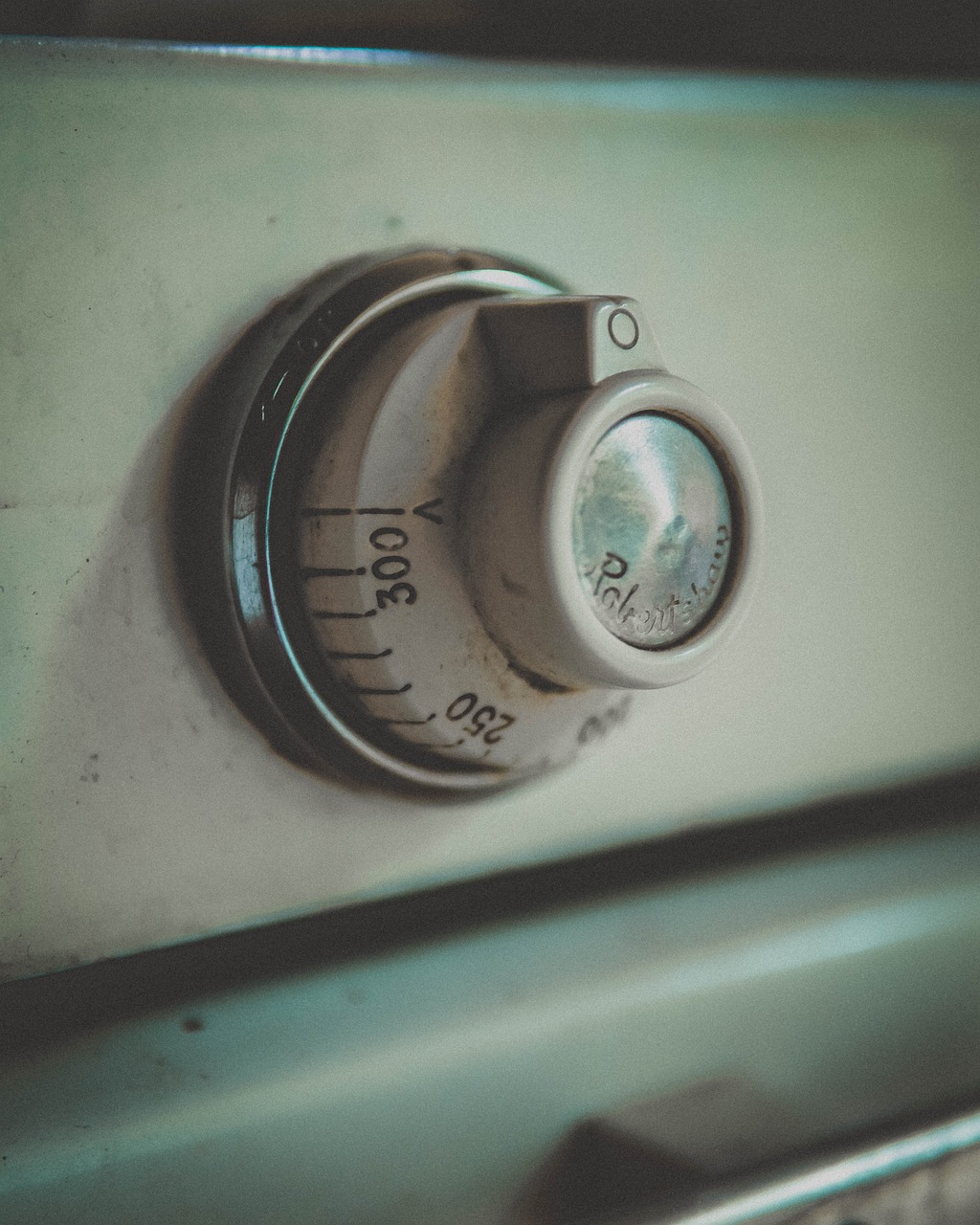




Injured During A Gas Leak?
When Landlords Are Negligent, Tenants May Claim
Landlord negligence may have a significant consequences for tenants, but what can you do if you are injured during a gas leak ? Gas leaks can cause various health issues, many of which may be serious. This can include carbon monoxide poisoning, breathing complications, eye and skin irritation, digestive and neurological issues. Moreover, should leaking gas explode, this can result in life-changing burn injuries.
If you are a tenant seeking compensation from a gas leak injury due to landlord negligence, Jefferies Claims may be able to help. We work with lawyers who operate on a ‘No Win, No Fee’ basis.
Common Injuries Caused by Gas Leaks
Gas leaks are a common, but serious, hazard as they can cause life-threatening injuries or long-term health complications. These may include:
Carbon Monoxide Poisoning
Carbon monoxide (CO) is dangerous to health as it is a colourless, odourless gas. Exposure to high levels of CO can be fatal, while lower levels can cause severe health issues, such as :
- Headaches
- Dizziness
- Confusion
- Nausea and vomiting
- Shortness of breath
- Loss of consciousness
Prolonged exposure to carbon monoxide can lead to brain damage, organ failure, or even death.
Respiratory Issues
Gas leaks often release harmful fumes, which can aggravate pre-existing respiratory conditions like asthma and bronchitis. Common respiratory problems associated with gas leaks may include:
- Persistent coughing
- Wheezing
- Chest tightness
- Difficulty breathing
Explosions and Burns
A key risk of a gas leak is that it can lead to an explosion if the leaked gas accumulates in an enclosed space and ignites. This can cause injuries such as severe burns, lacerations, and life-threatening injuries. Additionally, the force of an explosion can also cause structural damage, leading to falling debris that may injure tenants.
Neurological Issues
Chronic exposure to CO can lead to neurological symptoms such as:
- Memory loss
- Difficulty concentrating
- Nerve damage
- Seizures in severe cases
Eye and Skin Complications
Exposure to high levels of gas can cause irritation to the skin and eyes, leading to:
- Redness and itchiness
- Burning sensations
- Watery or irritated eyes
Gastrointestinal Problems
Ingesting or inhaling certain gases can lead to digestive issues such as nausea, vomiting, and abdominal pain
What Is Landlord Negligence ?
Landlords are legally required to maintain rental properties in a safe and habitable condition. This includes ensuring that gas lines, appliances, and heating systems are properly maintained and safe to use. You can only claim against your landlord if you can prove their negligence directly caused your injuries.
Document Everything
Keep records of all communications with your landlord regarding a gas leak, including:
- Emails and text messages
- Photos or videos of suspected gas leaks
- Reports from emergency services or repair professionals
Documentation can serve as crucial evidence if you need to take legal action. If you have been injured, keep all medical records.
How to make a claim
If you or a loved one has suffered from a gas leak injury due to landlord negligence, Jefferies Claims can guide you through the process. We work with highly experienced lawyers in this field who operate on a ‘No Win, No Fee’ basis and we will give you the support and understanding you need.
Call us at 0333 358 3034 or visit Jefferies Claims Contact Us Page to learn more.
